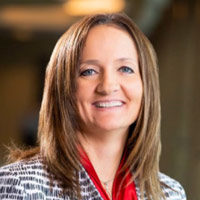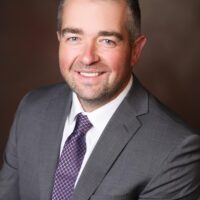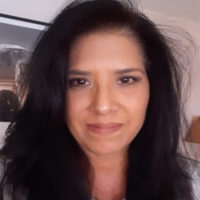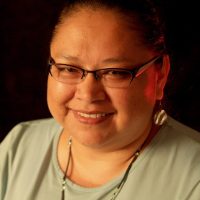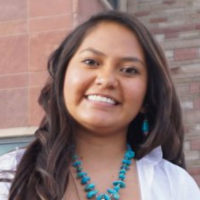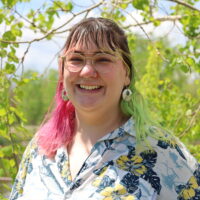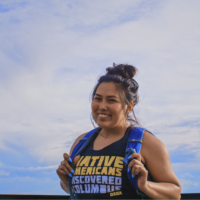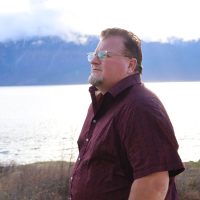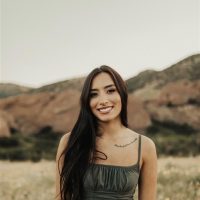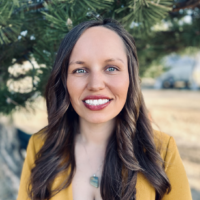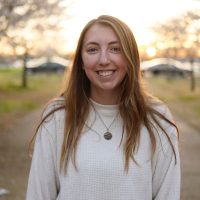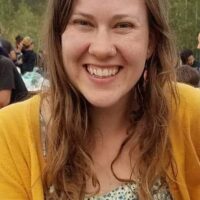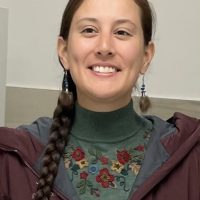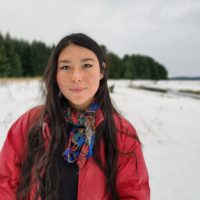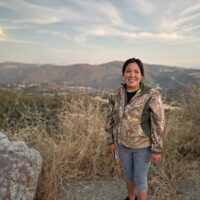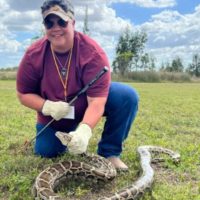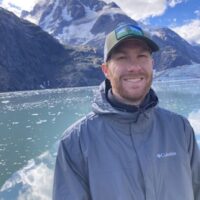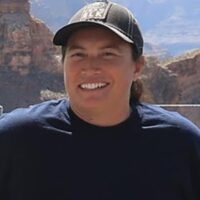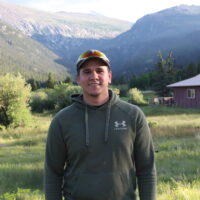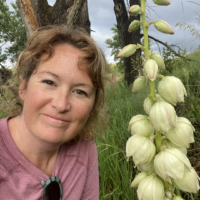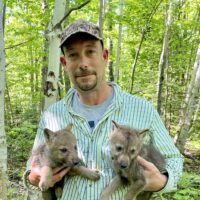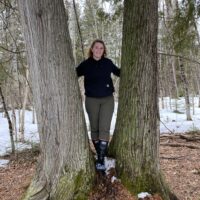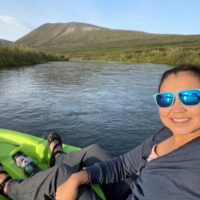Deputy Executive Director
David Reiss
David Reiss, an enrolled Oglala Sioux Tribal Member, is the Deputy Executive Director at NAFWS and was born and raised in South Dakota. Mr. Reiss comes to NAFWS with a background in state-tribal relations and organizational management at the federal, state, and local government levels. Mr. Reiss has 15 years of professional experience working on a broad spectrum of policy areas with significant practice in administrative regulation, proposal development, and negotiation. Mr. Reiss also has extensive experience in program administration, project administration, grant writing, and intergovernmental facilitation.
Mr. Reiss holds several degrees including a Master of Science in Administration and graduate certificate in government leadership from the University of South Dakota and bachelor’s degrees in politics and history from Drake University. Mr. Reiss is a husband and father of four and much of his free time is devoted to spending time with his family in the outdoors hunting and fishing.
